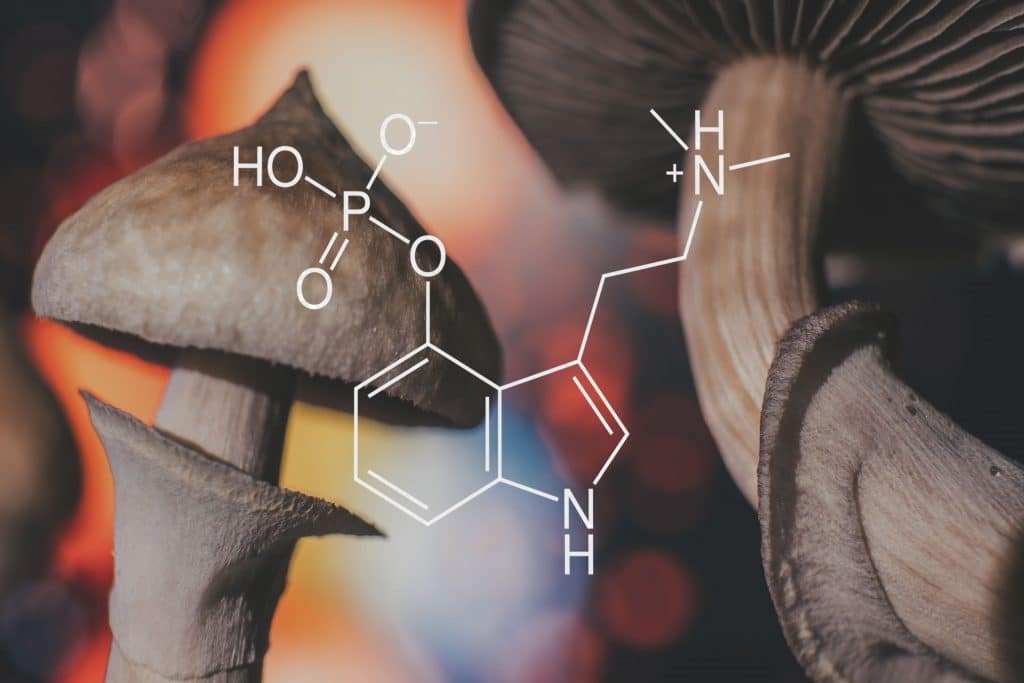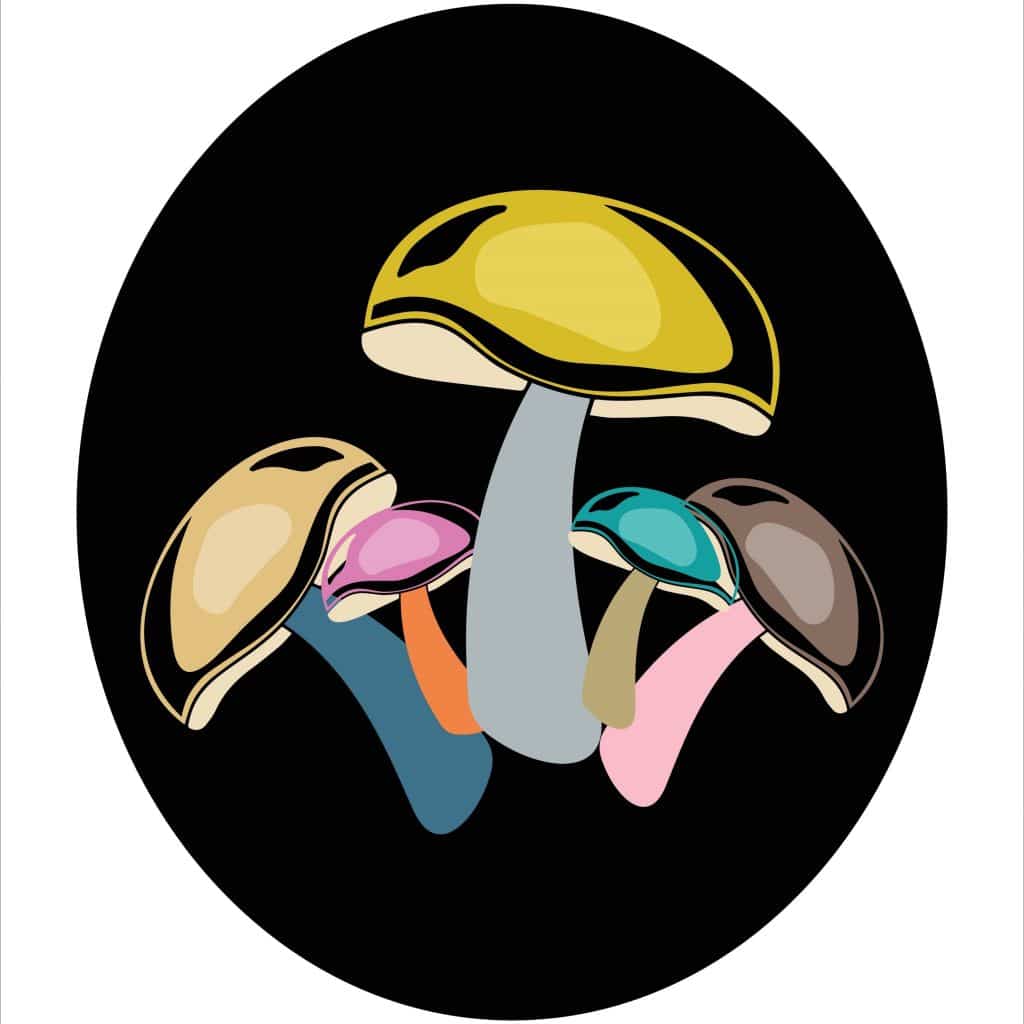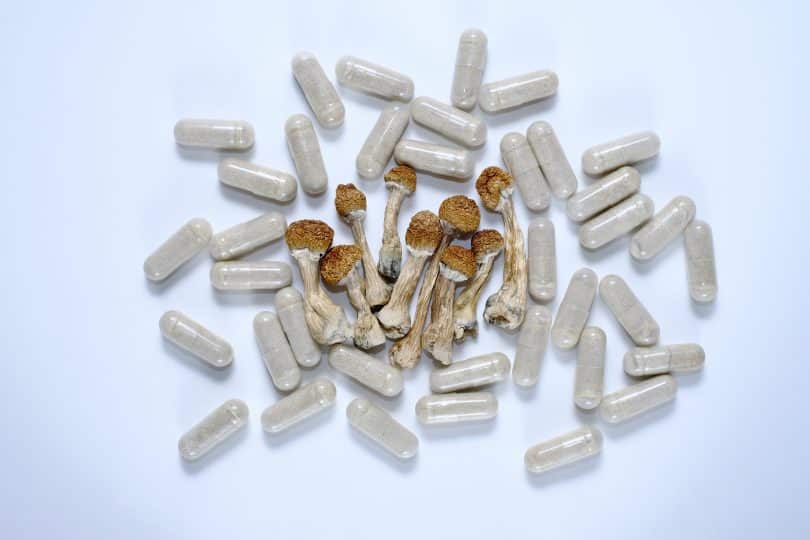This headline is odd since we all know magic mushrooms are federally illegal, right? Why would the DEA get sued over barring patients from using an illegal medicine? Well, there happens to be a law for sick people to try new medications, and the DEA is now blocking this right. This isn’t even the first time the DEA has been sued over magic mushrooms!
The DEA is at it again, this time in a lawsuit over preventing terminal patients from using magic mushrooms as experimental medication. Will the government agency be put in its place? This entirely independent publication publishes stories within the cannabis and psychedelics spaces. Be a part of everything by signing up for the THC Weekly Newsletter, which comes chock full of deals on everything from smoking devices, to edibles, to cannabinoid compounds including popular choices delta-8 THC and HHC. You’ve got a plethora of options these days, so choose the products you’re most comfortable using, and have yourself a blast!
What’s the news?
On July 22nd, Marijuana Moment reported on a new legal matter which involves the US’s DEA getting sued over not letting patients have access to magic mushrooms. So, why is there a lawsuit against a federal agency, for barring use of a federally illegal substance? I mean, sure, it would be great if they weren’t illegal, but as long as they are, why is this happening?
This most recent lawsuit, as well as a previous suit, hinges on the ‘Right to Try’ act. Right to Try is a federal law which enables doctors to treat patients with experimental medications, including Schedule I drugs in the Controlled Substances list. However, the DEA has once again blocked a doctor from treating a patient with magic mushrooms, leading to the federal agency getting sued.
The current case is a follow-up to an earlier case that went before the U.S. Ninth Circuit Court of Appeals this past February. That case was rejected on procedural grounds, because the DEA did not make clear if its denial actually constitutes a final rule.

A final rule “is a federal administrative regulation that advanced through the proposed rule and public comment stages of the rulemaking process and is published in the Federal Register with a scheduled effective date. The published final rule marks the last stage in the rulemaking process and includes information about the rationale for the regulation as well as any necessary responses to public comments.”
If its not a final rule, then a federal court cannot overturn it, as there’s nothing to overturn. This is odd as final rules are specific, and their existence isn’t usually questioned. The ruling led plaintiffs to seek an answer from the DEA about whether its handed down decision, constitutes its final rule. As the DEA refused to respond, plaintiffs gave a time limit of until this week, after which, without reply, they would consider the DEA’s decision final, and launch a new suit. That happened, and here we are now.
The filing was done in the same federal appeals court as last time, with the hope that it will be seen differently in light of the DEA’s refusal to say anything. The case, “asserts that DEA is unlawfully misinterpreting and misapplying Right to Try statute that should allow terminally ill patients to access Schedule I investigational drugs like psilocybin.”
And that, “In denying Petitioners’ requested accommodation in the Final Agency Action, DEA hides behind a smokescreen, neglecting its duty to implement the federal RTT and violating the state RTT… It is attempting to use the Controlled Substances Act as a cudgel to thwart state medical practice, to the detriment of dying patients.”
What is this ‘Right to Try’ law?
These laws exist both on a state and federal level, and are there so that terminally ill patients can access experimental, or thus-far unapproved, therapies, including drugs, devices, and biologics. So long as the drug, device, or biologic has undergone Phase I testing, it’s allowable for use in this way. This law – on a federal level – makes it so that patients don’t have to petition the FDA directly for experimental medication.
There is no requirement for a state to have Right to Try laws, and not all do. The passage of such laws started in 2014 when Colorado became the first to initiate a measure.

As of right now, the following 41 states have a law: Alabama, Alaska, Arizona, Arkansas, California, Colorado, Connecticut, Florida, Georgia, Idaho, Iowa, Illinois, Indiana, Kentucky, Louisiana, Maine, Maryland, Michigan, Minnesota, Mississippi, Missouri, Montana, Nebraska, Nevada, New Hampshire, North Carolina, North Dakota, Ohio, Oklahoma, Oregon, Pennsylvania, South Carolina, South Dakota, Tennessee, Texas, Utah, Virginia, Washington, West Virginia, Wisconsin, and Wyoming.
On a federal level, a bill was introduced in 2017. In August of that year, the bill passed the Senate unanimously, due to bill creator Ron Johnson (R -Wis) threatening to slow down a Senate vote on the FDA Reauthorization Act of 2017, which apparently, had to pass so the FDA could legally operate. A unanimous consent vote was traded for Johnson not holding up the FDA vote. Smooth move on his part.
In March of 2018, the House passed a companion bill, which was introduced the prior year. This bill – S.204, then went to the Senate, which passed it as well. Officially called the ‘Trickett Wendler, Frank Mongiello, Jordan McLinn and Matthew Bellina Right to Try Act’, the bill was signed by President Trump on May 30th, 2018.
What is expected?
We don’t know how the appeals court will rule yet, or if it’ll give the same answer it did the last time. However, it’s not just about the cases (which clearly aren’t going to go away), but about legislators now putting pressure on the federal agency as well. In fact, in light of this issues, several lawmakers have filed companion bills, and provided congressional clarification, to urge the federal agency onward. All say that psilocybin is covered under Right to Try.
For its part, the only thing the DEA has managed to do, is essentially pass the buck by saying it “has no authority to craft policies to address the RTT.” However, according to plaintiffs, “Just because the DEA chooses not to do something, does not mean that the agency has no authority to do so. Here, the DEA is violating federal law and federalism principles.”
Possibly because of the growing popularity of the issue, plaintiffs do expect the court to agree with their argument, and require the DEA to follow mandate in allowing psilocybin to patients in need. If this doesn’t happen, it would require new congressional legislation to back up something that already exists; which showcases boldly why our system moves so slow and uselessly so much of the time, doing nothing but costing citizens more money.

As a showing of congressional support, a bipartisan companion bill was recently introduced, which “would make a technical amendment to the text of the existing statute, with the primary purpose of clarifying—in the face of DEA objections—that RTT policy as signed into law by former President Donald Trump already means that patients with terminal health conditions can obtain and use investigational drugs that have undergone clinical trials, even if they’re Schedule I controlled substances.”
To give an idea of just how much the DEA is dragging its feet in general, consider that the agency is also being sued over its delays in processing public records requests for both cannabis and psychedelics. To step it up a notch further in terms of DEA bad behavior, the agency is also trying to put the following tryptamines (which are hallucinogens) in Schedule I of the Controlled Substances list: 4-OH-DiPT, 5-MeO-AMT, 5-MeO-MiPT, 5-MeO-DET and DiPT. In fact, the DEA is planning to hold a hearing for this measure, despite the inarguable fact that no one wants it.
Even weirder, while it works so hard to trip people up, the DEA has increased production of psychedelics, including magic mushrooms, for research purposes. My guess… once big pharma comes out with medications that the FDA approves, the DEA will totally be cool with people using them. Thank god our government works on our behalf!
Conclusion
That things will change eventually is practically a given, but the question of ‘when’ remains relevant. Just as relevant as the question of why the DEA is working so hard to not only stymie general progress, but to keep terminally sick patients from getting a medicine.
Welcome to the site! We appreciate you joining us at Cannadelics.com (formerly known as CBDtesters.co), a 100% independent publication focusing on cannabis and psychedelics reporting, in these dynamically changing industries. Check out the THC Weekly Newsletter, for daily updates and product promotions, and make sure you always know the important points of what’s going on.









